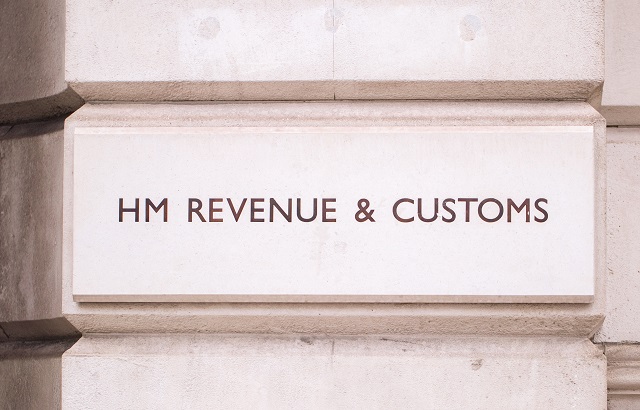Tax planners could be told to get professional indemnity (PI) insurance as part of HM Revenue & Custom’s (HMRC) efforts in raising the standards of the tax advice market.
In its consultation paper, the taxman said that many professionals are “technically competent and adhere to high professional standards”.
But there is a shared belief across the sector that “some advisers are incompetent, and some actively bend or break the rules”, according to Jesse Norman, financial secretary to the Treasury.
As a result, the UK government is looking to consult on making PI cover mandatory for the tax advice sector in order to provide recourse, protect consumers, and raise standards in the market.
But, industry players have warned the government that there needs to be a clear-cut differentiation between tax advice and tax services.
Currently, there is no standard statutory definition of either, although there are some legal descriptions regarding professionals who provide advice on tax under the Finance Act 2012 and the Money Laundering and Terrorist Financing (Amendment) Regulations 2019.
Tar with the same brush
Max Porter, private client director at ATC Tax, told International Adviser that the vast majority of “reputable” tax advisers already hold PI cover, either personally or through their employer.
“[This means that] the change by HMRC to make it mandatory won’t apply for most advisers”, he said.
“Instead, it will likely only impact unaffiliated advisers who may not be professionally qualified and sometimes involved in more aggressive tax planning or anti-avoidance schemes.
“ATC Tax supports any move, in principle, to improve tax advice standards and HMRC’s action will make it more difficult for these types of advisers to operate, but it’s important not to tar good advisers with the same brush.”
Stamp out unregulated advisers
Rakesh Dabasia, director within the private client team at Buzzacott, told IA that the accountancy firm was among the companies that were asked to provide evidence during the first round of consultations on the matter.
“The need for further regulation of tax advisers has abated, and the role of the professional regulatory bodies has been recognised in ensuring taxpayers receive good advice,” he said.
“Most tax advisers will be regulated by a professional body and will be required to have PI insurance. There is currently no requirement to be qualified or a member of a professional regulatory body to give tax services or advice.
“This has led to tax services or tax advice being provided by unqualified or unregulated advisers many of which may not have PI insurance. Where that advice is found to be bad advice, the taxpayer often has no recourse to any consumer protection.
“This has been highlighted in recent cases involving tax avoidance schemes, which have been shown to be ineffective, leaving taxpayers with large tax liabilities and penalties as a result.”
Clearer definitions
But, Dabasia believes the government needs to start defining what is considered as tax advice and tax services, just like the Financial Conduct Authority (FCA) did with financial advice.
“[This is] to ensure it is not ambiguous such that it still allows those providers to continue to operate without any PI insurance,” he added. “One approach that could be considered is to have a register of advisers that provide tax services and tax advice so that taxpayers can check whether the adviser has appropriate professional indemnity insurance in place.”








